The Florida land trust is a vehicle that allows a grantor to get benefits of ownership of real property while keeping his identity secret. It was created by the Florida Legislature by passage of the Land Trust Act of 2006 (F.S. 689.071). The benefits of holding property in a land trust include:
- Privacy for the beneficiaries of the trust
- Limiting liability for managing property
- When combined with other tools, a land trust can help protect property from the beneficiaries’ creditors
- Beneficiaries who reside in the property held by the land trust get to keep their Florida homestead exemption
How a Land Trust Works
The creation of a land trust involves 2 documents: a deed and a trust agreement. The grantor deeds his real property to the trustee of the land trust and records the deed in the public record. The deed gives the trustee both legal and equitable ownership of the property, so that the trustee may sell, mortgage or lease the property.
The grantor and the trustee also execute a trust agreement, which states that the trustee is managing the property on behalf of one or more designated beneficiaries (often the grantor is the beneficiary), and lists specific trustee duties (such as leasing the property and giving the income to the beneficiary). If the trustee fails to perform his duties, he is liable to the beneficiary for breach of trust. Importantly, the trust agreement is not recorded, so the public doesn’t know the identity of the beneficiary.
Privacy, Asset Protection, or Both
Does a land trust offer the beneficiary any protection from his creditors? Under Florida law, a creditor seeking to collect a debt can compel the debtor to disclose under oath all assets in which he has a beneficial interest, including property controlled through a land trust. Once a creditor learns of a debtor’s land trust interest, it can attach a judgment to it. Thus, a land trust will not protect a beneficiary’s property from determined collection efforts.
A grantor can combine asset protection and privacy in a land trust, however, by designating a beneficiary that is not liable for the grantor’s debts. For example, a businessman creates a land trust to hold an investment property and designates the beneficiary of the trust as “123 Any Street, LLC.” The businessman’s creditors do not know that he controls the investment property. Even if they find out this information through collection efforts, the limited liability corporation will not be liable for the businessman’s debts.
Call Florida asset protection attorney John Clarke at (954)556-8952 for a free consultaiton on how to protect your property from creditors!

